The tax procedure in Belgium has several stages, with each stage having its own deadlines and formalities. It is therefore best to be assisted from the start so that we can determine the best approach with you and avoid any unpleasant tax surprises.
1. The tax return
The tax procedure starts with a tax return. To start with, it is therefore important to know whether you have to file a tax return in Belgium and if so, what specifically needs to be declared. For companies operating internationally, this is where things often go wrong, as foreign companies sometimes incorrectly assume that they do not have to file a tax return in Belgium. For example, we see in practice that foreign companies that have performed work or provided services in Belgium that do not give rise to a permanent establishment under the applicable double tax treaty, often forget or are not aware of the fact that a so-called “Belgian establishment” may still exist in that case, as a result of which a nil return must still be filed in Belgium.
2. Investigation
Companies that operate internationally increasingly come within sight of the tax authorities, leading to discussions about permanent establishments, transfer prices, personnel, VAT, etc. Indeed, the tax authorities are allowed to check your tax situation within certain investigation periods. For this purpose, the tax authorities have various investigation powers, whereby in an international context they mainly use a request for information addressed to your company or your Belgian clients.
If your company filed a tax return in Belgium or thought that no tax return had to be filed, you may suddenly be surprised by such a request for information from the Belgian tax authorities. To avoid paying unjustified taxes or fines in Belgium, it is important that you respond to this request for information in a timely and well-formulated manner. After all, in many cases the issue can already be resolved in consultation with the tax authorities at this stage.



